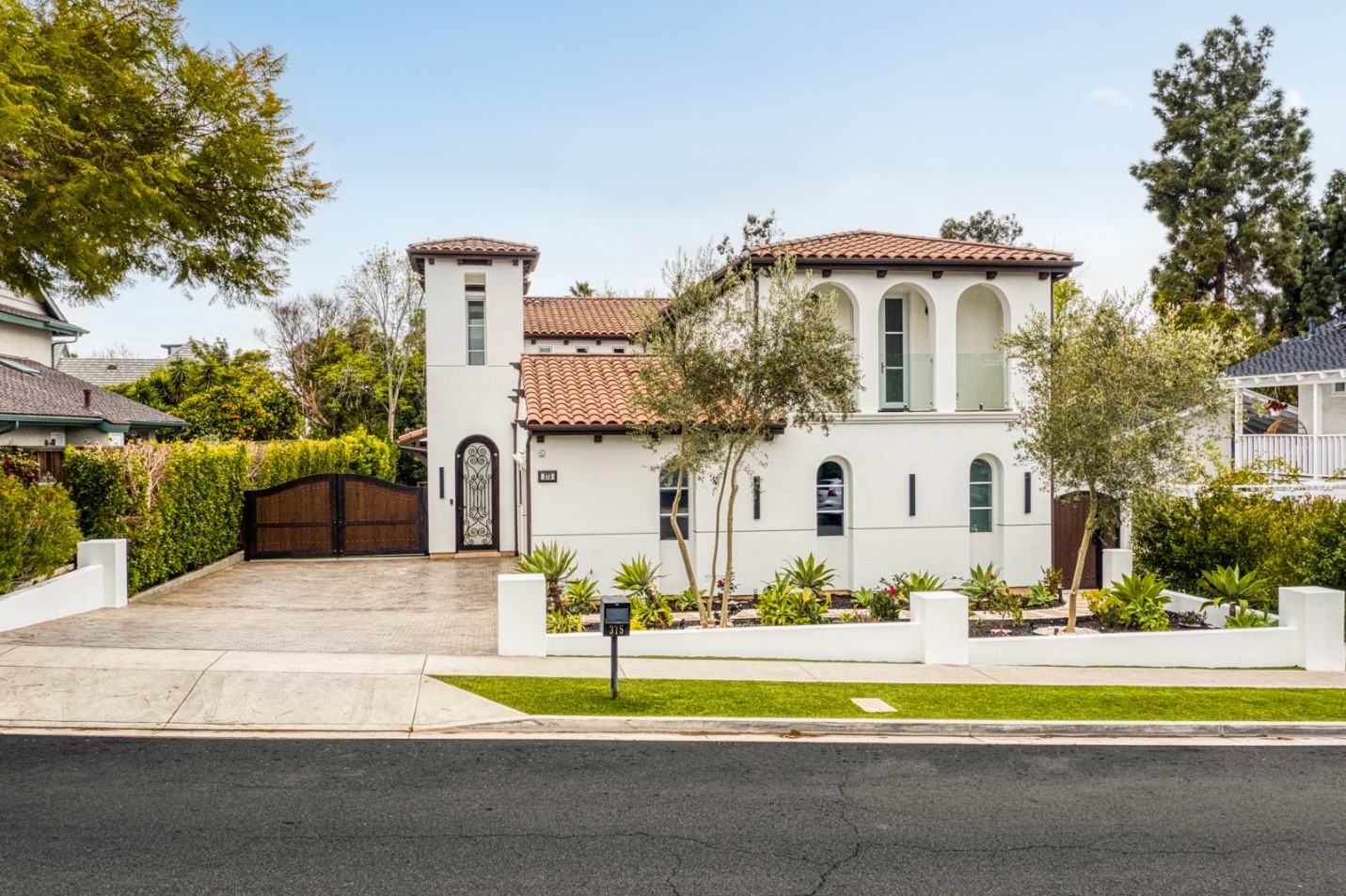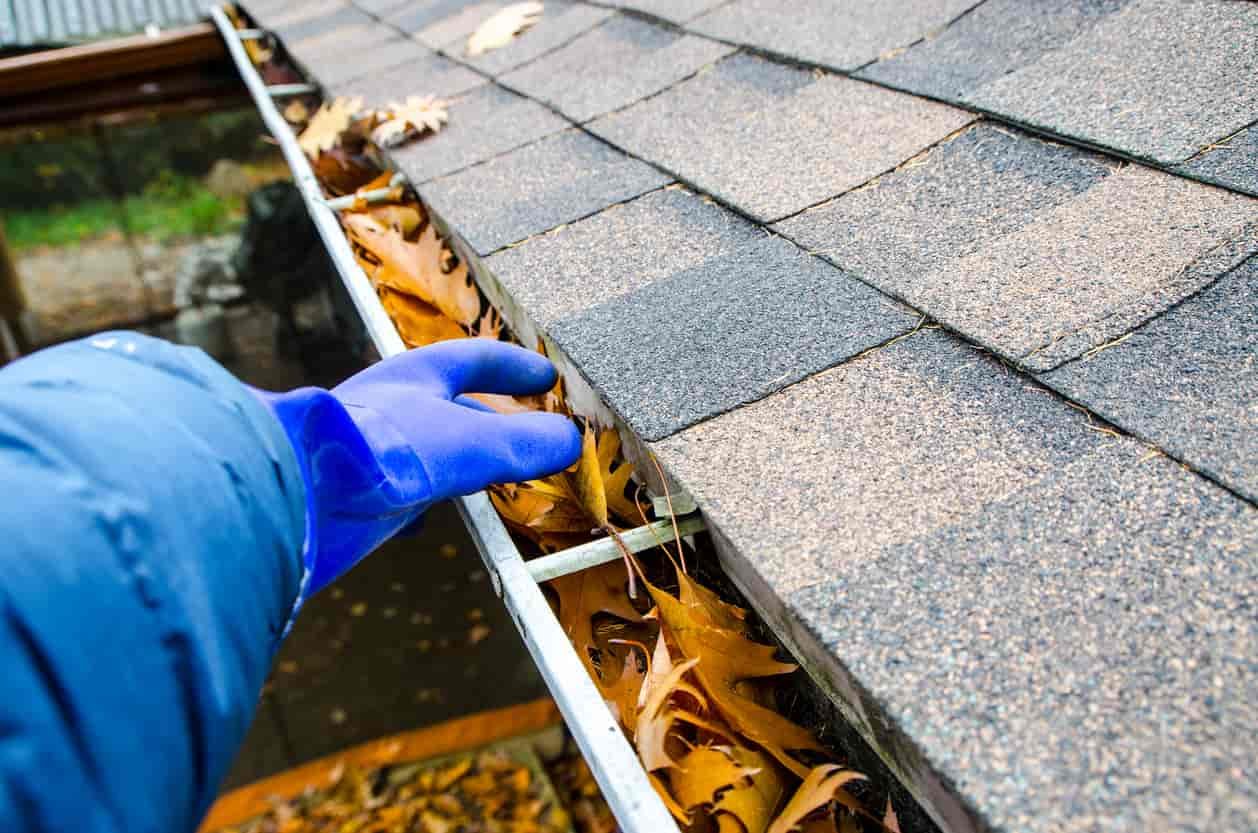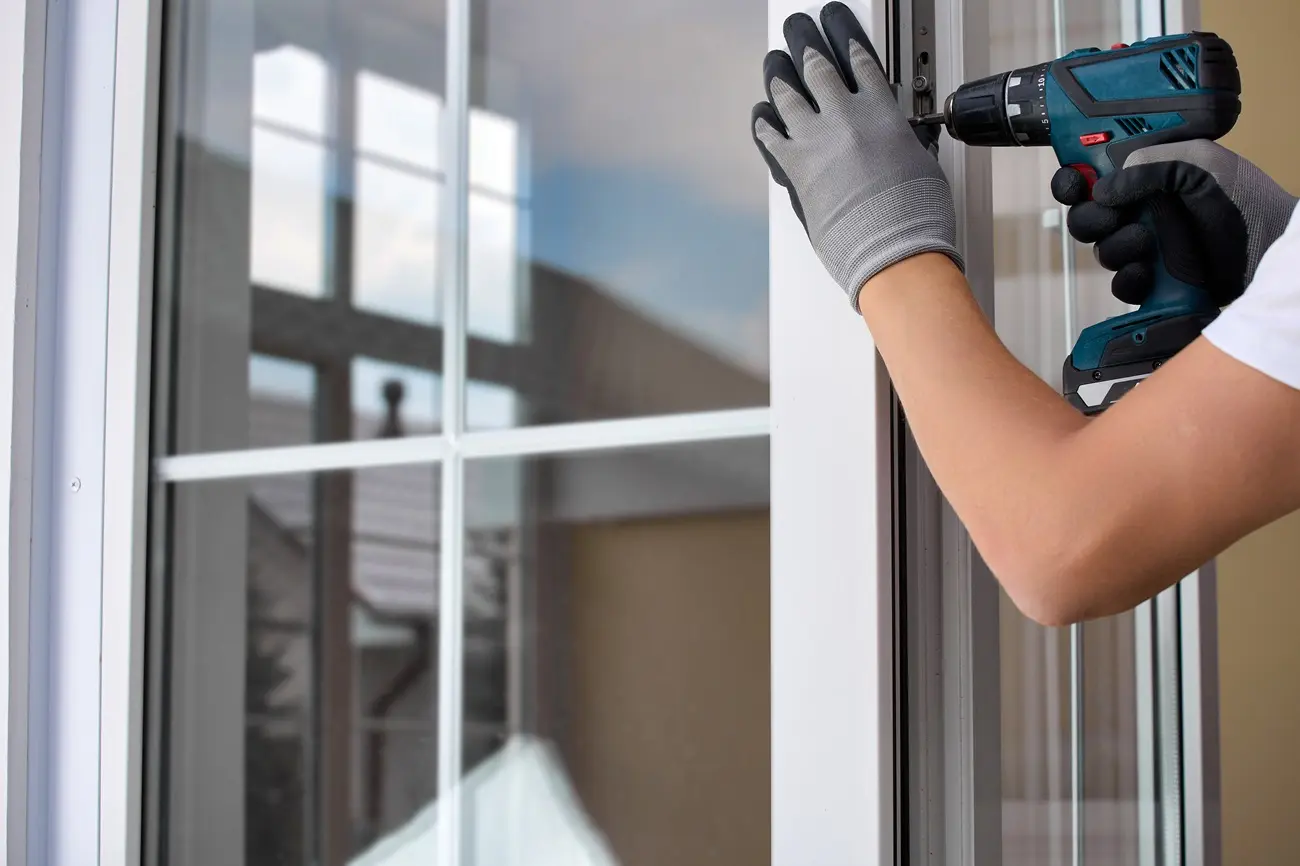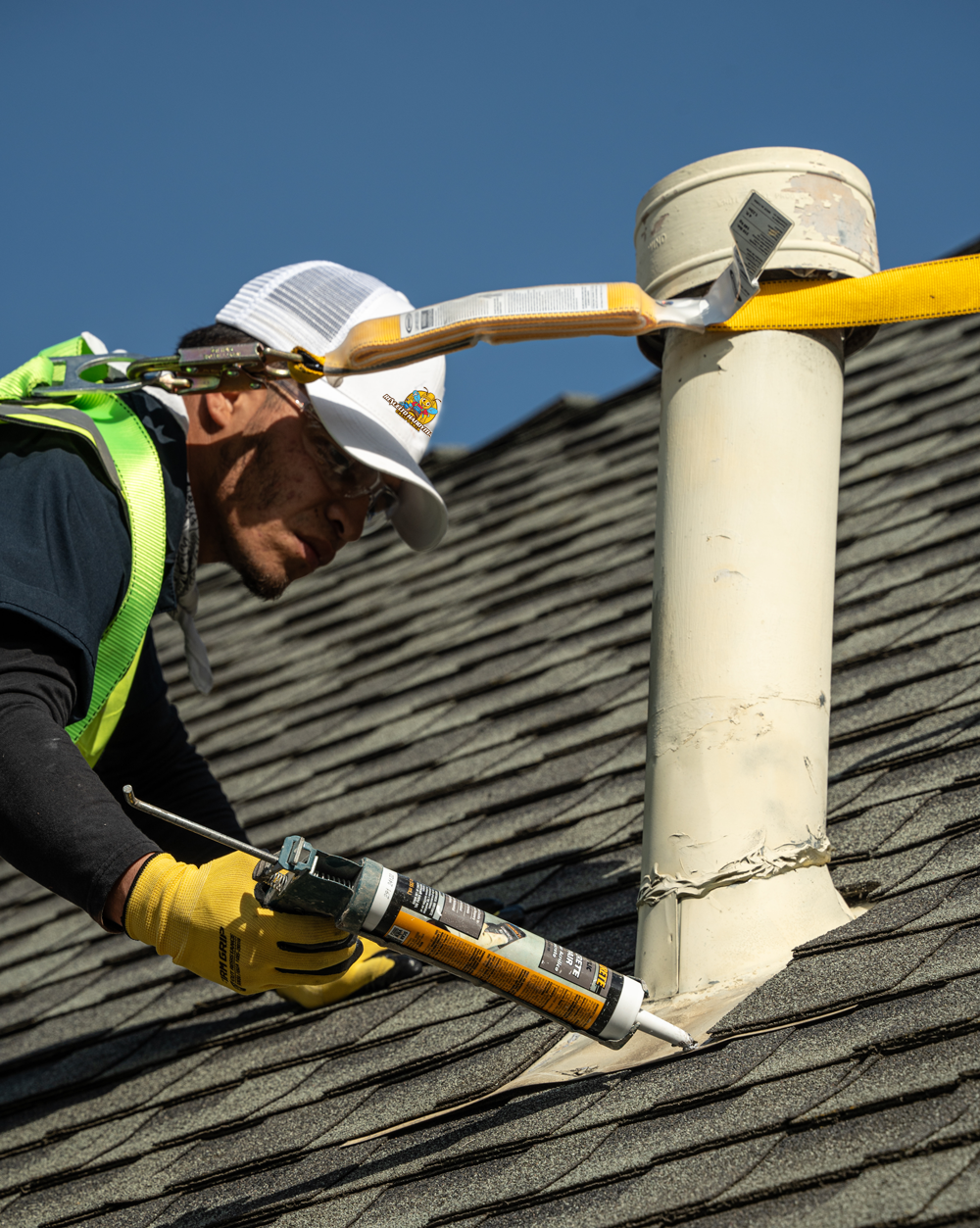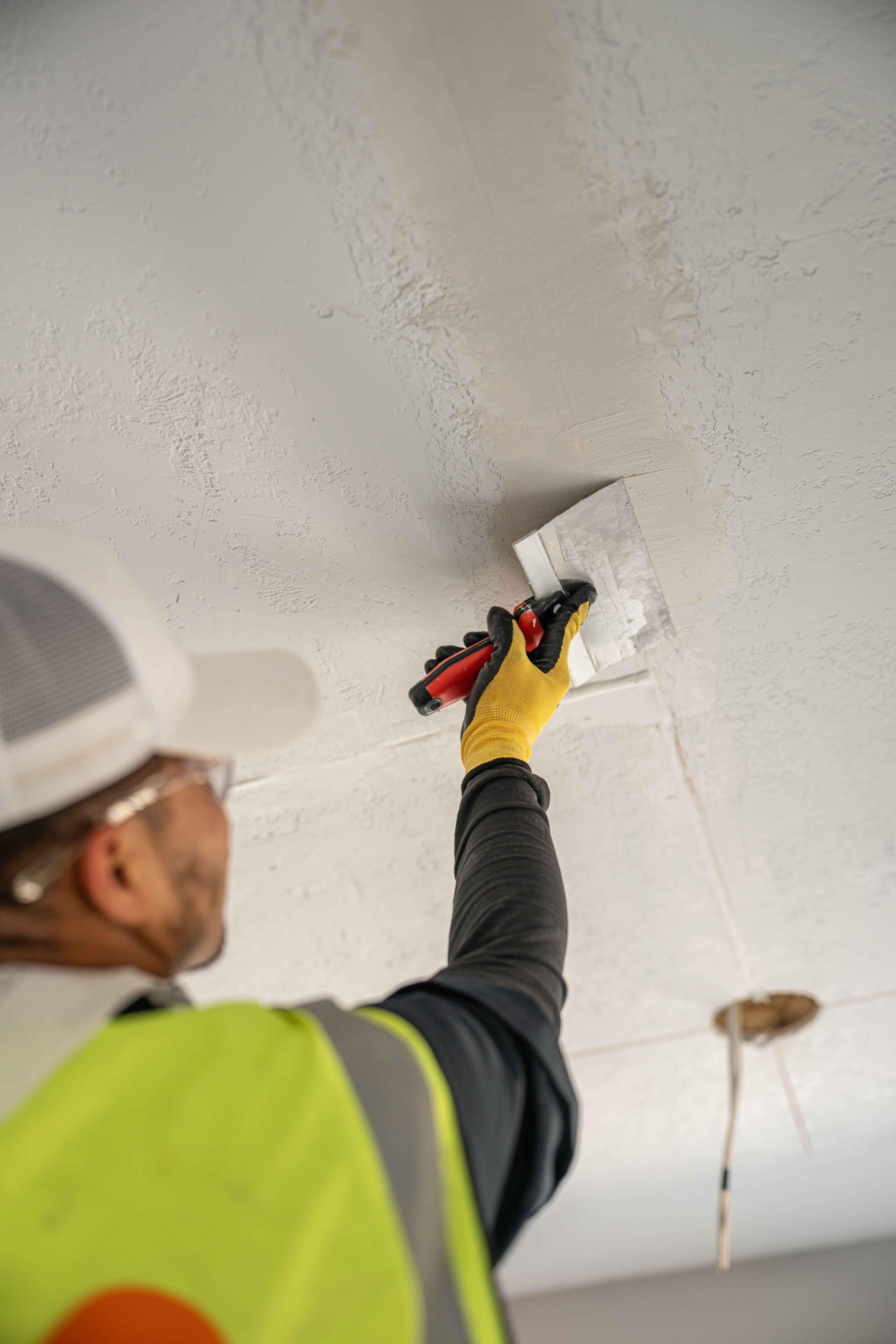
Hiring an electrician costs $362 on average, or between $168 to $562, depending on the location and the electrician’s level of experience. Electrician hourly rates range from $50 to $130, with a service call fee of $100 to $200 for the first hour of their time.
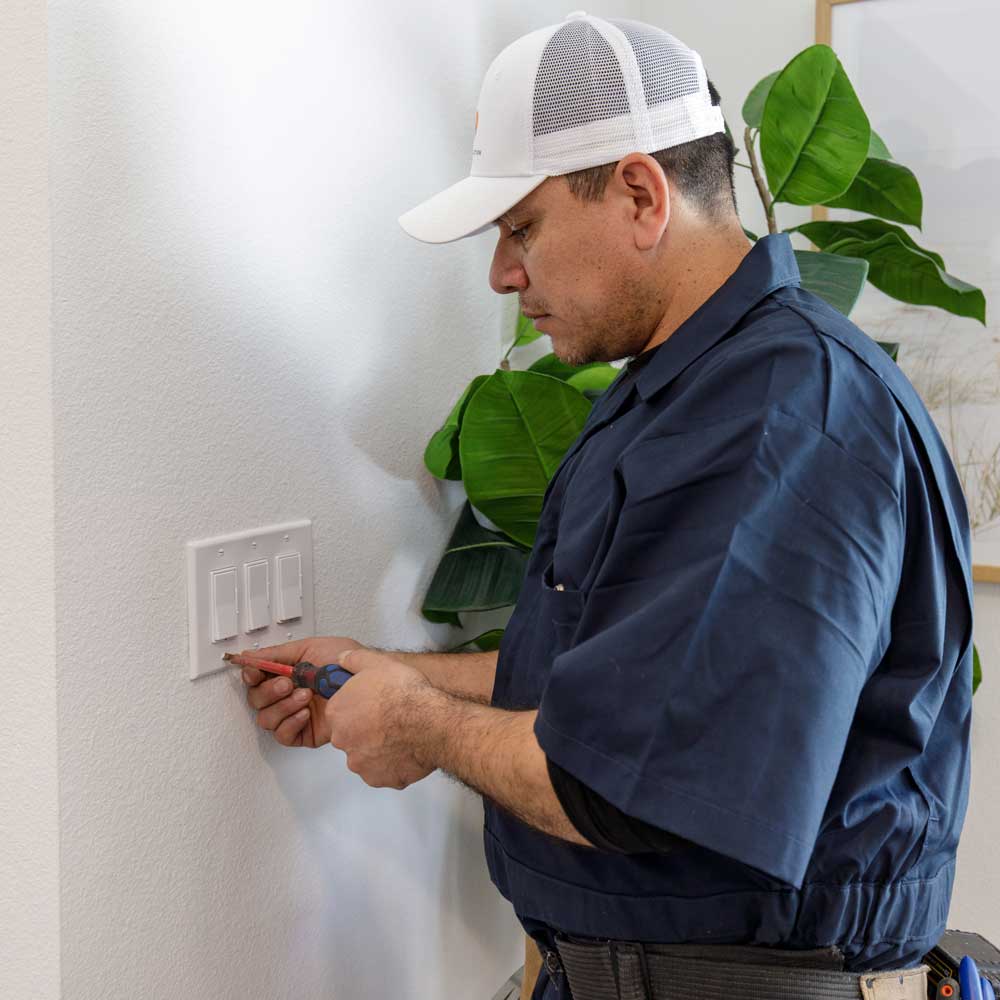
The average cost to hire an electrician for a minor job is $150 to $600, while a more complex job costs $2,000 to $10,000. Let’s review how much it costs to hire a professional electrician to illuminate your home.
How Much Do Electricians Charge?
Hiring a qualified electrician costs $50 to $100 per hour. The first hour of an electrical job costs more than subsequent hours, about $150 on average. Hiring an electrician for an emergency visit tends to double the hourly rate, so you could pay between $100 and $200. The total price is dependent on the home size, license type, and project complexity.
Like many trades, electricians have different levels of skill based on their training and experience. Less-experienced electricians may be more limited in the types of electrical jobs they can take, but they cost less to hire. On the flip side, the most experienced and highly trained electricians are masters.
|
Electrician Type |
Experience |
Average Hourly Rate |
|
Apprentice Electrician |
Training to become a licensed electrician |
$40–$60 |
|
Journeyperson Electrician |
Standard licensed electrician |
$60–$90 |
|
Master Electrician |
Highest level of electrician, specializing in complex projects |
$90–$120 |
Self-Employed Electrician vs. Corporate Costs
As you scout out local electricians, you’ll notice that some appear to be self-employed, while others work for larger companies or franchises. Does that mean there’s a cost difference between the two?
Regional pricing and local competition often keep prices relatively similar. However, there can be individual variances, which is why we suggest getting a few quotes for larger projects to understand the price ranges in your area.
You can expect a greater range for self-employed services and more standardized pricing for the big franchises.
Always check that they have proof of licensing and insurance when looking for an electrician. If an electrician’s rates seem strangely low, there’s a chance they are operating without the required documentation or training.
Hourly Minimums
Electricians charge an hourly minimum, even if the job takes 30 minutes or less, to cover overhead fees (think insurance, supplies, travel time, etc.). This required minimum varies depending on the electrician, but you can count on paying anywhere from one to four hours’ worth of labor no matter how much time the job takes. This is why it’s always a good idea to wrap as many electrical jobs as possible into one visit.
Emergencies
Electricians typically add fee of $100 to $200 on top of their regular rates for emergency call-outs during nights and weekends. True electrical emergencies include burning smells from outlets or appliances, a hot electrical panel, and frequent power outages.
Location
Hiring an electrician in a big city is more expensive than hiring one in a rural area. Urban electricians usually charge $100 or more per hour, while rural electricians charge around $50 per hour, though this varies from pro to pro and area to area. Though rural electricians usually charge less per hour, you’ll often pay an increased fee to factor in travel time.
Accessibility
You can expect to pay more in labor fees if the electrical panel, wiring, or light fixture is in a hard-to-reach spot. Thus, you can expect the project to take longer to complete.
Cost to Hire an Electrician per Task
Hiring a local electrician averages between $163 and $536, though your bill largely depends on the job type, the job length, and the overall complexity of the work. Here are the typical costs of many common jobs that require a professional electrician.
|
Project Type |
Average Cost |
|
Outlet |
$200–$300 |
|
Light switch |
$85–$200 |
|
Transfer switches |
$200–$400 |
|
Breaker box |
$500–$1,800 |
|
Ceiling fan |
$140–$350 |
|
Light fixtures |
$150–$6,000 |
|
Rewiring a house |
$1,500–$10,000 |
|
Home inspection |
$280–$400 |
|
Smart fixtures |
$200–$300 |
Outlets and Switches Costs
-
Installing outlet: $200–$300
-
Installing light switch: $100–$200
-
Installing outdoor outlet: $150–$260
Lighting Costs
-
Installing a light fixture: $155–$955
Attic and Ceiling Fan Costs
-
Installing a ceiling fan: $140–$350
-
Installing an attic fan: $370–$915
Wiring a House Costs
-
Rewiring a house: $1,500–$10,000
-
Home inspection: $300–$420
Electrical Panel/Breaker Box Costs
-
Replacing a breaker panel: $520–$2,120
-
Moving an electrical panel: $1,500–$4,000
-
Upgrading an electrical panel: $1,200–$2,000
Generator Installation Costs
-
Installing a whole-house generator: $1,540–$8,740
-
Installing generator transfer switch: $400–$2,500
Smart House Costs
-
Installing home automation: $200–$1,660
Permits, Inspections, and Safety Codes
Minor electrical jobs, such as replacing a light switch, won’t require a permit or inspections, but more complex undertakings likely need both. For instance, rewiring a home often requires permits and safety inspections to avoid fire risks and other potential dangers. The cost of a building permit (which includes electrical work) depends on your location, but you may pay between $75 and $150 per permit. A safety inspection costs $100 to $125. If you’re rewiring an old home, permits are more expensive at $200 to $900.
Want to help us improve our cost data? Send us a recent project quote to info@besthandymancali.com. Quotes and personal information will not be shared publicly.


